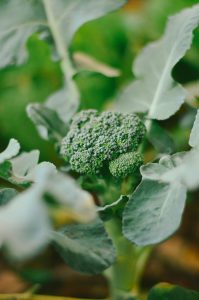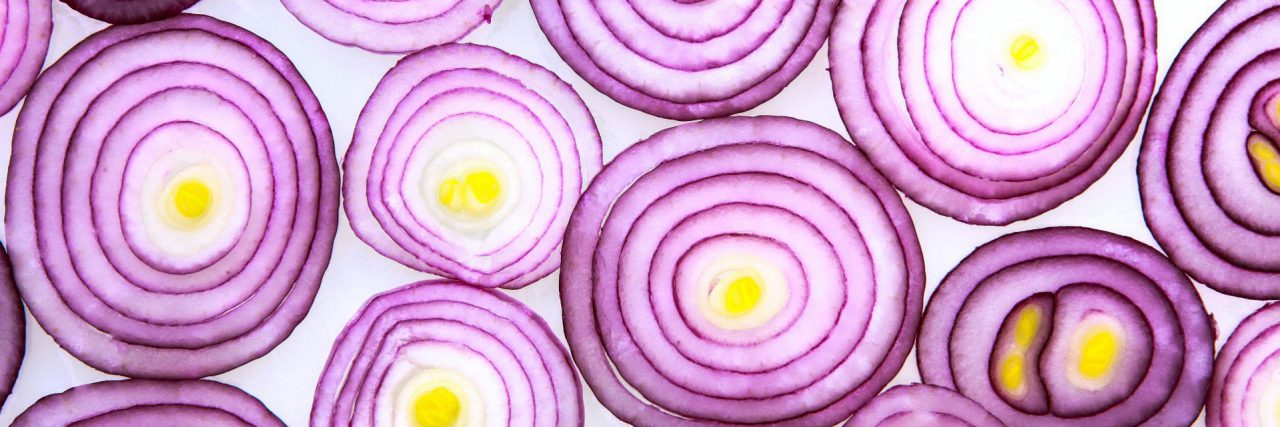
As climate change becomes more severe and prevalent worldwide, it is vital to observe and understand the responses of major crops when subjected to different abiotic (environmental) stresses. Two environmental conditions facing UK crops are drought and flooding. Coupled with high temperatures, this can be disastrous for yields and have knock-on effects on food quality, food prices, seed availability and quality. Recently in 2020, a very wet winter followed by a very dry spring negatively impacted all UK crops. For example, the carrot season finished early and yields fell 2.9% to 68 tonnes per hectare (Defra 2021). Yet since the 2015 Paris climate deal, the world has experienced its five hottest years on record (Bottollier-Depois 2021). This has significantly affected crop yields and is a stark reminder that modern agriculture needs to change if it is to sustain an increasing population under increasingly extreme environments.
Healthy plant growth and crop yields are determined by multiple factors: water; nutrients; temperature; soil structure and chemistry; and light. With the current climate changing faster than plants can adapt, this poses a fundamental problem for agriculture. As a result, crops are being challenged in many ways. In order to increase crop resilience to abiotic (environmental) and biotic (pathogen – pests and diseases) stresses, it is important to identify new crop varieties that have higher levels of resilience to either one or many of these temporary stresses over their lifetime. To do this, we need to identify the underlying genes that control these desirable resilience traits. Plant scientists can do this by developing experiments called phenotyping assays, which screen a wide variety of plants for desirable traits (phenotypes) that are then matched up to specific genes. This is an extremely useful tool in allowing us to not only identify and match genes to specific characteristics (phenotypes), but also identify any genes that may have been lost from current commercial crop varieties that have been selectively bred to perform well under optimal conditions, where stresses are kept at bay by irrigation, pesticides, and fertiliser use.
One approach has been funded by Defra through the Vegetable Genetic Improvement Network (VeGIN). VeGIN has access to the Vegetable Genetic Resources Unit (GRU) at the Warwick Crop Centre, where thousands of varieties of different crop species are conserved, documented, and researched. VeGIN populations not only include modern cultivars, but also wild parent relatives and heritage varieties of the crops we eat today, collected from around the world. These plant varieties represent potential sources of new genetic diversity, which can then be used by breeders to establish crops with higher tolerance against biotic (pathogen) and abiotic (environmental) challenges. To that end, VeGIN is developing genetic resources that will identify resilience traits for improved breeding, and it currently focuses on four major UK vegetable crops: brassica (e.g., broccoli, cabbage,), lettuce, carrot, and onion. Maintaining plant biodiversity is a key component to food security, potentially providing us with the genes needed to make our crops more resilient.

As part of VeGIN, my research explores the phenotypic responses of large biodiverse populations of onions and carrots to drought, high temperature, and flooding. Through the observation of fresh shoot weight, plant height and overall plant size, we can identify varieties that are relatively resilient to specific environmental stresses, i.e. are less affected by periods of stress and can still maintain growth. I am developing a screening method that will allow farmers, plant breeders, seed producers, and crop scientists to quickly distinguish between varieties that are susceptible or resilient to certain stresses. Screening large populations of onions and carrots with diverse genetics and a wide range of phenotypic responses, increases the chance of discovering varieties with desirable resilience traits.
Screening plants is all about imposing stress, sufficient to impact the growth of most plant varieties but not so much that it kills them. Plants are grown for a few weeks before either being subjected to a specific environmental stress, e.g. drought with heat, for a set time—usually 5-10 days—or maintained in unstressed conditions as controls. Then all plants are grown on under non-stressed conditions, and relative differences in their characteristics (phenotypes) are measured. Once we have identified plants with increased stress resilience, we can match these observable characteristics to their corresponding genes and breed these genes into our modern varieties through different methods. Breeding for desirable traits, whether resilience to drought or disease, ultimately helps to minimise fertiliser, water, and pesticide use, creating a less damaging environment, minimizing pollution in the soil, water, and air. Distinguishing between drought resilient and drought susceptible varieties will ultimately aid breeders and farmers in seed selection to ensure healthy crops, prolific harvests, and high financial reward.
Understanding the relationships between genes and the traits they encode in response to the environment will aid in the development of more robust crops, creating an agricultural system that is more sustainable with better food security within the pressing context of climate change.
Author Bio:
I am a Postdoctoral Researcher at Harper Adams University, having gained a PhD from the Universities of Adelaide and Nottingham. My current research is joint with the University of Warwick and looks at identifying phenotypic traits that are linked to stress resilience in leafy and root vegetables. I enjoy blogging about science and traveling; and I am interested in combining my love of science and travel to help farmers and scientists around the world. When I don’t have my science hat on, you can find me reading, writing, or kickboxing.
Follow Olivia:
blog: https://meristemjourneys.wordpress.com/
orcid iD: 0000-0001-5865-4478
twitter: @_oliviacousins
References
Bottollier-Depois A (2021) Europe’s heat and drought crop losses tripled in 50 years: study. In: Phys.org. https://phys.org/news/2021-04-europe-drought-crop-losses-tripled.html. Accessed 12 Oct 2021
Department for Environment Food & Rural Affairs (2021) Horticulture Statistics 2020. In: Natl. Stat. https://www.gov.uk/government/statistics/latest-horticulture-statistics. Accessed 12 Oct 2021



